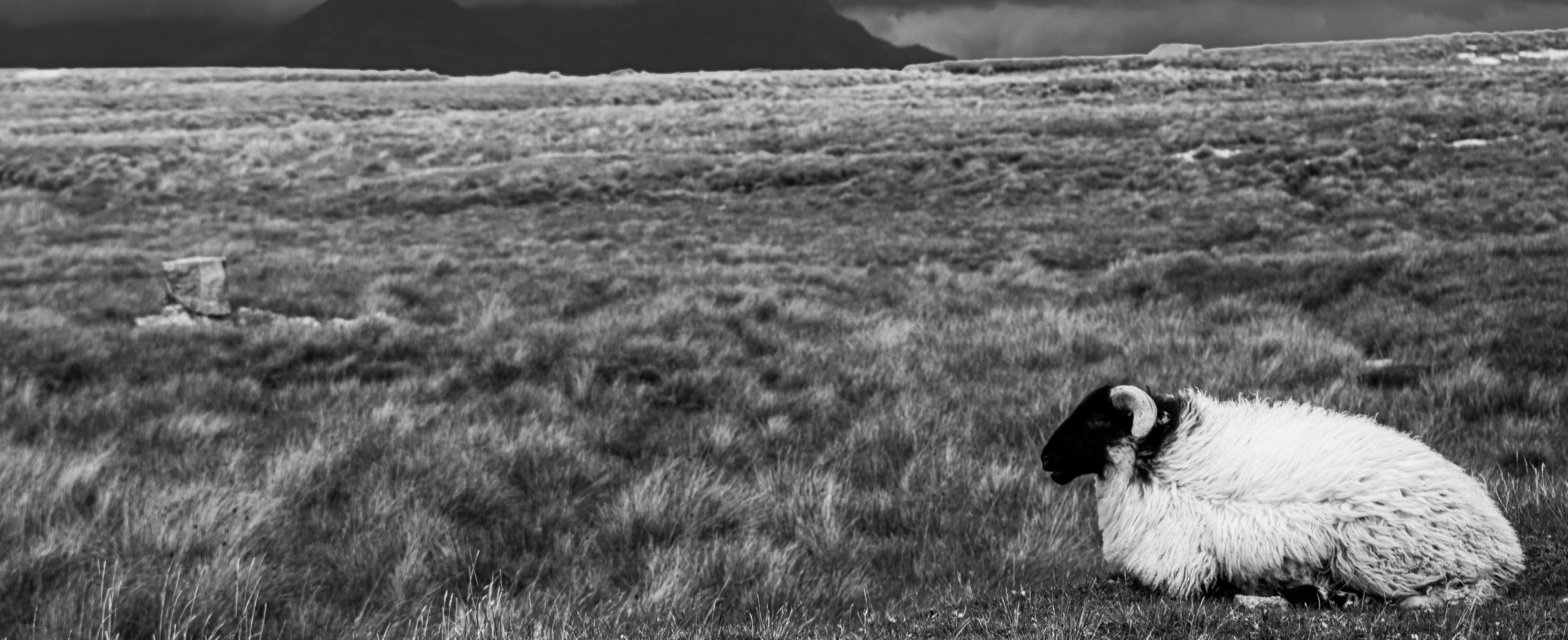Abstract
In ‘Nature in the Active Voice’, Val Plumwood called for a ‘thorough rethink’ of the logic of domination that has authorized both colonialism and the exploitation of animals (113). But this mandate creates a conundrum: that logic elevates mind over matter and cognition over emotion. If Audre Lorde was right that ‘the master’s tools will never dismantle the master’s house’ (110), then we are unlikely to succeed in undermining that logic by rethinking it. We need practices that will expose the tedious nonsensicality of human supremacy while simultaneously awakening our capacities for empathy, imagination, and full-bodied ecological reasoning. Plumwood noted the power of poetry, but nonverbal methods of cognition and communication such as music, dance, and visual art may be even more vital to the struggle to think truly differently. Underground currents of art and activism including Dada, Tropicália, Afrofuturism, and surrealisms from around the world may offer both instructive and cautionary lessons. Kiwi and other category-defying animals, whose minds are very different from our own but whose ideas may be legible through their ways of being in the world, may be especially important instructors in the praxis of eco-logic.
Plumwood, “Nature in the Active Voice,” 113.
Lorde, Sister Outsider: Essays and Speeches, 110.
How to Cite:
jones, p., (2024) “Birds Beyond Words: Fantastic Animals and Other Flights of Imagination”, Animal Studies Journal 13(1), 55-81. doi: https://doi.org/10.14453/asj/v13i1.4
Downloads:
Download PDF
357 Views
425 Downloads

